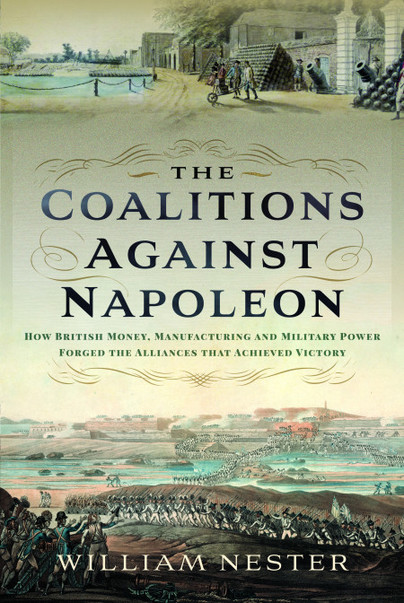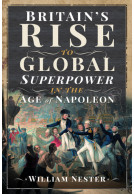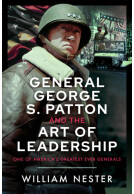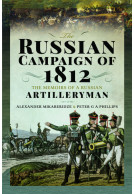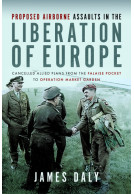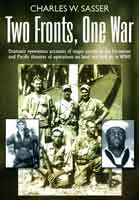The Coalitions against Napoleon (Hardback)
How British Money, Manufacturing and Military Power Forged the Alliances that Achieved Victory
By
Dr William Nester

Pages: 272
Illustrations: 16 mono illustrations
ISBN: 9781399043021
Published: 24th April 2023

Pages: 272
Illustrations: 16 mono illustrations
ISBN: 9781399043021
Published: 24th April 2023
You'll be £25.00 closer to your next £10.00 credit when you purchase The Coalitions against Napoleon. What's this?
+£4.99 UK Delivery or free UK delivery if order is over £40
(click here for international delivery rates)
Order within the next 3 hours, 24 minutes to get your order processed the next working day!
Need a currency converter? Check XE.com for live rates
(click here for international delivery rates)
Order within the next 3 hours, 24 minutes to get your order processed the next working day!
Need a currency converter? Check XE.com for live rates
| Other formats available - Buy the Hardback and get the eBook for £1.99! | Price |
|---|---|
| The Coalitions against Napoleon ePub (3.7 MB) Add to Basket | £6.99 |
Britain alone could not hope to defeat the might of Napoleonic France which, through enforced conscription, had become a nation in arms. But British leaders had a long history of forging alliances to counter their rivals and when revolution ravaged France in 1793 and a levée en masse raised a huge patriotic army, it was through a coalition of monarchies that French ambitions were restrained – a coalition made possible by British gold and British industry.
When Napoleon seized the reins of power in France, he too introduced conscription and, once again, it was a succession of British led and funded coalitions which eventually brought Napoleon to his knees. During the years 1793 to 1815, the British Government formed and underwrote seven coalitions that cost Britain £1,657,854,518 as the national debt tripled from £290,000,000 to £860,000,00. Of that, British subsidies to around thirty allies amounted to £65,830,228, along with staggering amounts of war supplies mass produced by British factories and shipped to allies.
Britain’s leading role in Europe did not end with Waterloo. Immediately following the Sixth Coalition, and amidst the Seventh Coalition, Britain constructed, with the other great powers, a security system of cooperation and consultation called the ‘Concert of Europe’ that prevented a serious war among them for two generations.
Britain’s power to underwrite those coalitions came from a related series of revolutions – agrarian, mercantile, financial, technological, manufacturing, cultural, and political that developed over the proceeding century. For many reasons that happened in Britain and not elsewhere. Of them, cultural values may be most crucial. Constraints were fewer and incentives greater for enterprising Britons to invest, invent, buy, and sell in ways that enriched themselves and their nation more than elsewhere. During the eighteenth century, Britain’s leaders mastered a virtuous power cycle of victorious wars, expanding production, captured territories and markets, and more income.
During a speech before Congress in December 1940, President Franklin D. Roosevelt called on Americans to be an ‘arsenal of democracy’ to aid Britain and other countries threatened by the imperialistic fascist powers. Britain played exactly the same role during the Napoleonic era. The Coalitions Against Napoleon explores how Britain developed and asserted the financial, manufacturing, and military power to achieve that goal.
As featured in
The Bookseller, Jan 23
As featured in
The Bookseller, Jan 23
About Dr William Nester
Dr WILLIAM NESTER, a Professor at the Department of Government and Politics, St. John’s University, New York, is the author of thirty-seven books on history and politics. His book George Rogers Clark: I Glory in War won the Army Historical Foundation’s best biography award for 2013, and Titan: The Art of British Power in the Age of Revolution and Napoleon, won the New York Military Affairs Symposium's 2016 Arthur Goodzett Book Award.
More titles by Dr William Nester
Customers who bought this title also bought...
Other titles in Frontline Books...







